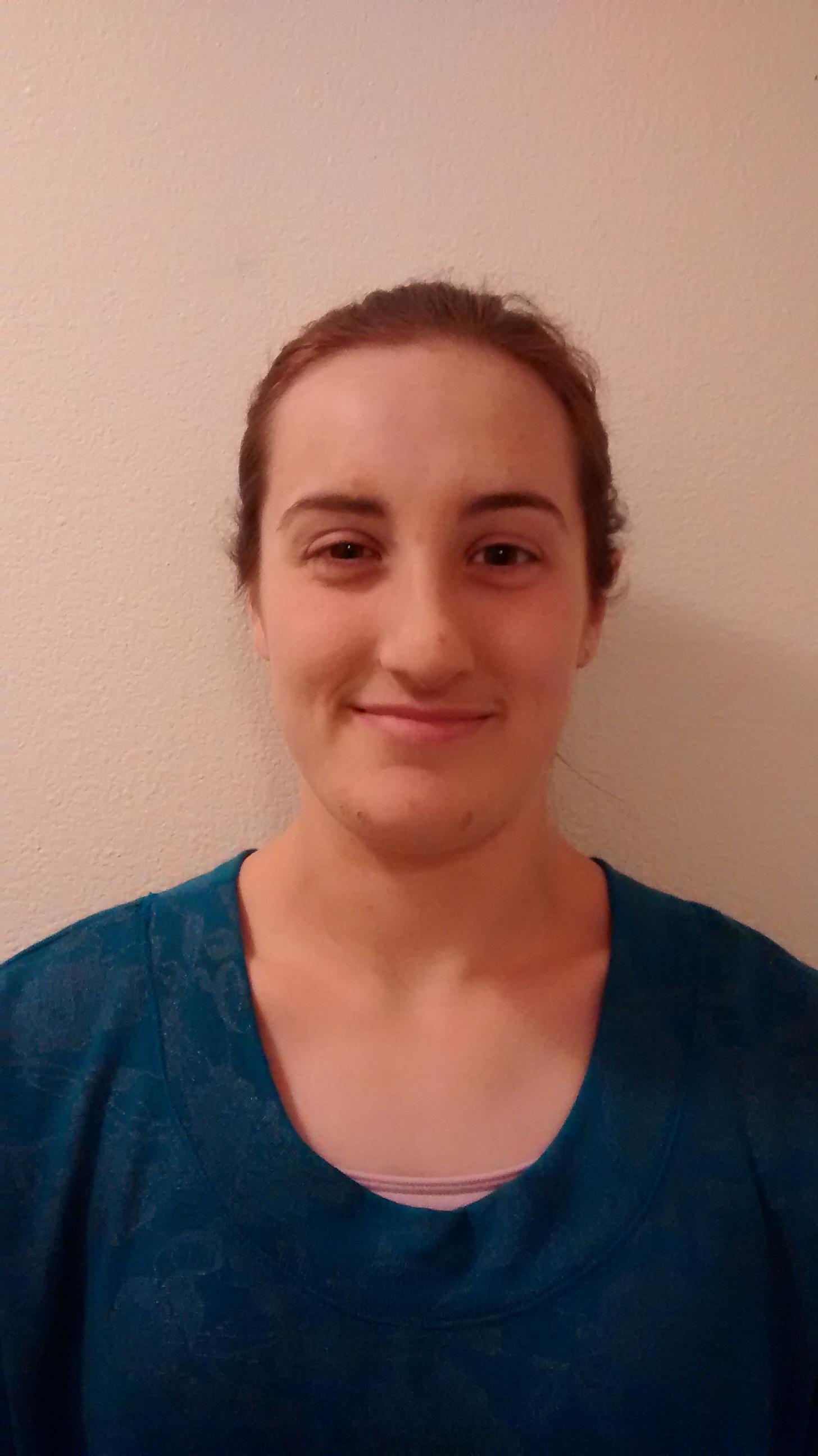Celebration of Scholars
Sleep Deprivation and the Effects on Short-Term Cognitive and Physical Function
 Name:
Ginalyn Mendillo
Name:
Ginalyn Mendillo
Major: Athletic Training
Hometown: Chicago, IL
Faculty Sponsor:
Other Sponsors:
Type of research: Course project
 Name:
Emily Hardie
Name:
Emily Hardie
Major: Athletic Training
Hometown: Milton, WI
Faculty Sponsor:
Other Sponsors:
Type of research: Course project
 Name:
Mitchel Wright
Name:
Mitchel Wright
Major: Athletic Training
Hometown: Hampton, IL
Faculty Sponsor:
Other Sponsors:
Type of research: Course project
Abstract
The investigated problem was to observe and measure the effects of acute total sleep deprivation on cognitive ability and physical performance on young adults.
The significance of the study stems from the connection of sleep deprivation to decreased academic and job performance. Subjects included eight college students in the Athletic Training Education Program.
After 8 hours of sleep and following dietary guidelines to eliminate nutrient deficits, subjects were evaluated for baseline cognitive and physical performance. The next 36 hours involved a bout of total sleep deprivation where cognitive and physical performance were assessed every 6 hours.
In conclusion, trend lines showed decreases in vertical jump, agility, and memory recall over the 36 hours. The tests for CNS fatigue and balance did not reveal any deficits due to sleep deprivation. A literature review found similar ties and correlations, however they were inconclusive in regards to effects of acute sleep deprivation. With our results we noted exposure to sunlight and lack thereof also adversely affected the self-reported symptoms and measured functionality of the body. Future studies should examine this effect.
With evidence of a relationship between sleep deprivation and decreased physiological outcomes, there is scientific evidence for the modification of secondary school systems and their schedules, or healthcare professionals and their daily shifts. Solidified information can help reduce the prevalence of future fatigue-related injuries and events.
Submit date: March 14, 2015, 9:39 p.m.
